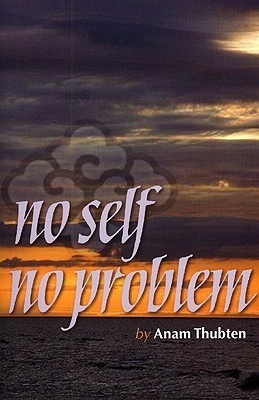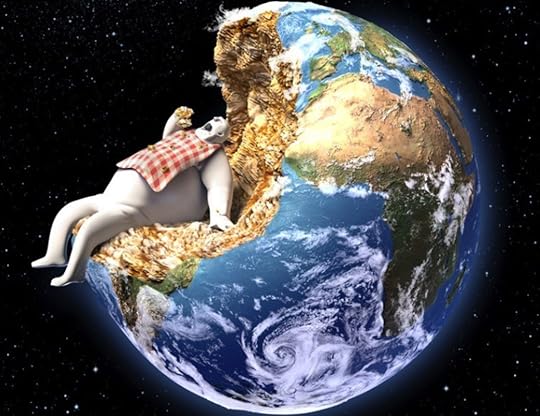What do you think?
Rate this book


144 pages, Kindle Edition
First published June 16, 2009
"A while ago I was giving a weekend meditation retreat and a middle-aged lady approached me during one of the breaks. "Are you asking us to die?" I answered, "Absolutely!" while joining my palms and bowing toward her in reverence. "You got the message, that's it. There is nothing more to learn." When I looked up, I saw her face lighting up in a beautiful smile. No doubt she knew the way to liberation at that moment."Buddhism is famous for being laid-back, but if you reflect on it, it's surprising how subversive anatta is. The 21st century is a narcissistic era, obsessed with self-expression. We're all socialized to "find ourselves" and "be who we really are." We're encouraged to express a performative identity through products, brands, music, opinions, hashtags, selfies, fashions, sexualities, body modifications, etc. etc. Anatta is an axe aimed at the root of this tree (although of course it isn't usually conceived that way). Trying to find or be your "true self" is a delusion if the self doesn't exist.
"One of our biggest problems is the idea of death. Even that doesn't exist because there has never been anyone there to die in the first place."What a refreshing idea! I found myself imagining the self as a helium balloon—letting it go and watching it float away with a sense of relief.
"The word is now a virus. The flu virus may have once been a healthy lung cell. It is now a parasitic organism that invades and damages the central nervous system. Modern man has lost the option of silence. Try halting sub-vocal speech. Try to achieve even ten seconds of inner silence. You will encounter a resisting organism that forces you to talk. That organism is the word [i.e., the self]." (my remark in square brackets)Applying Thubten and Burroughs to 21st century media is a bit disturbing. If thoughts, opinions, and concepts are the disease—viral generators of self and thus of suffering—then today's media and Internet are the virulent stage of what we might call the "self plague."
